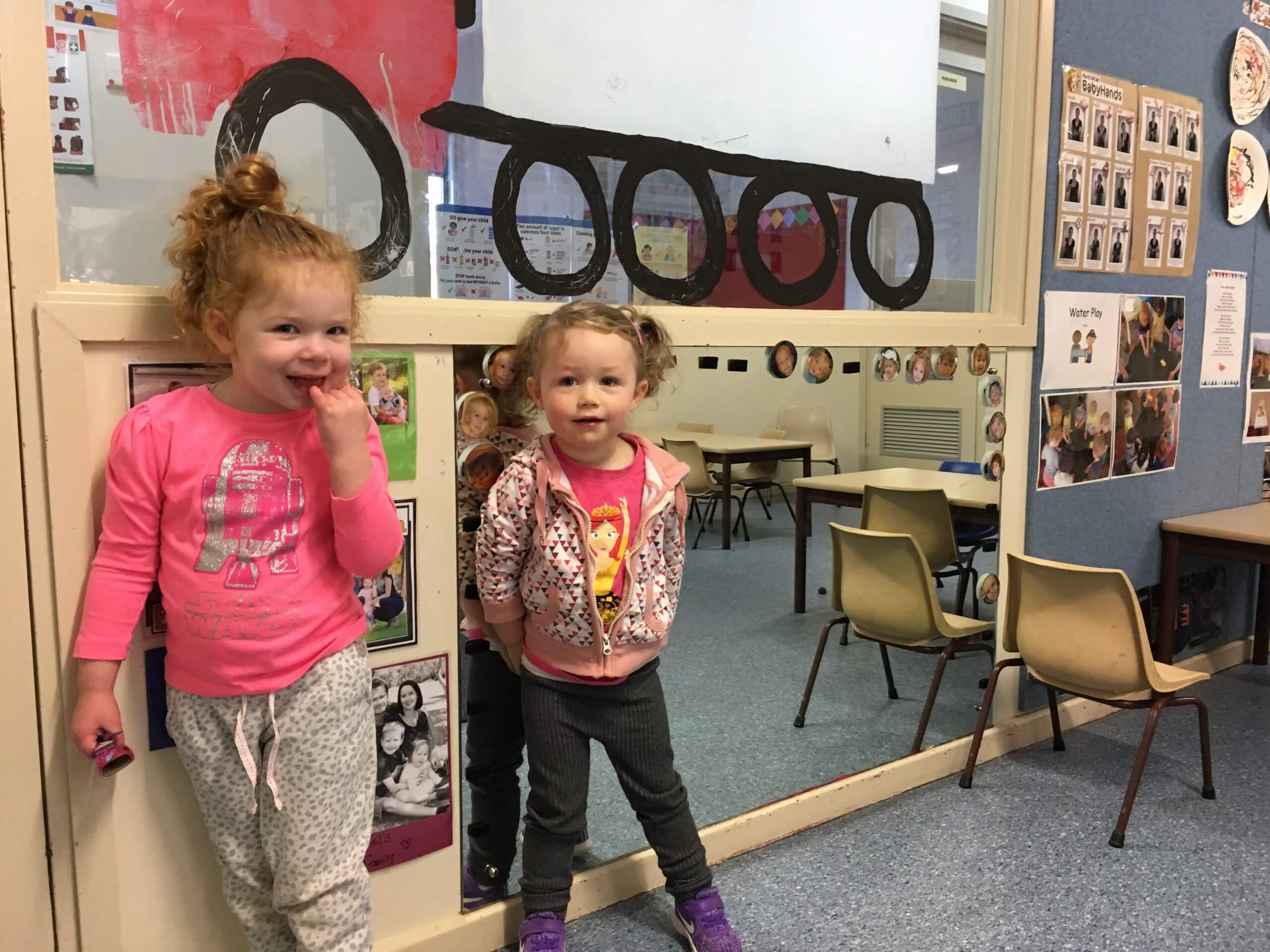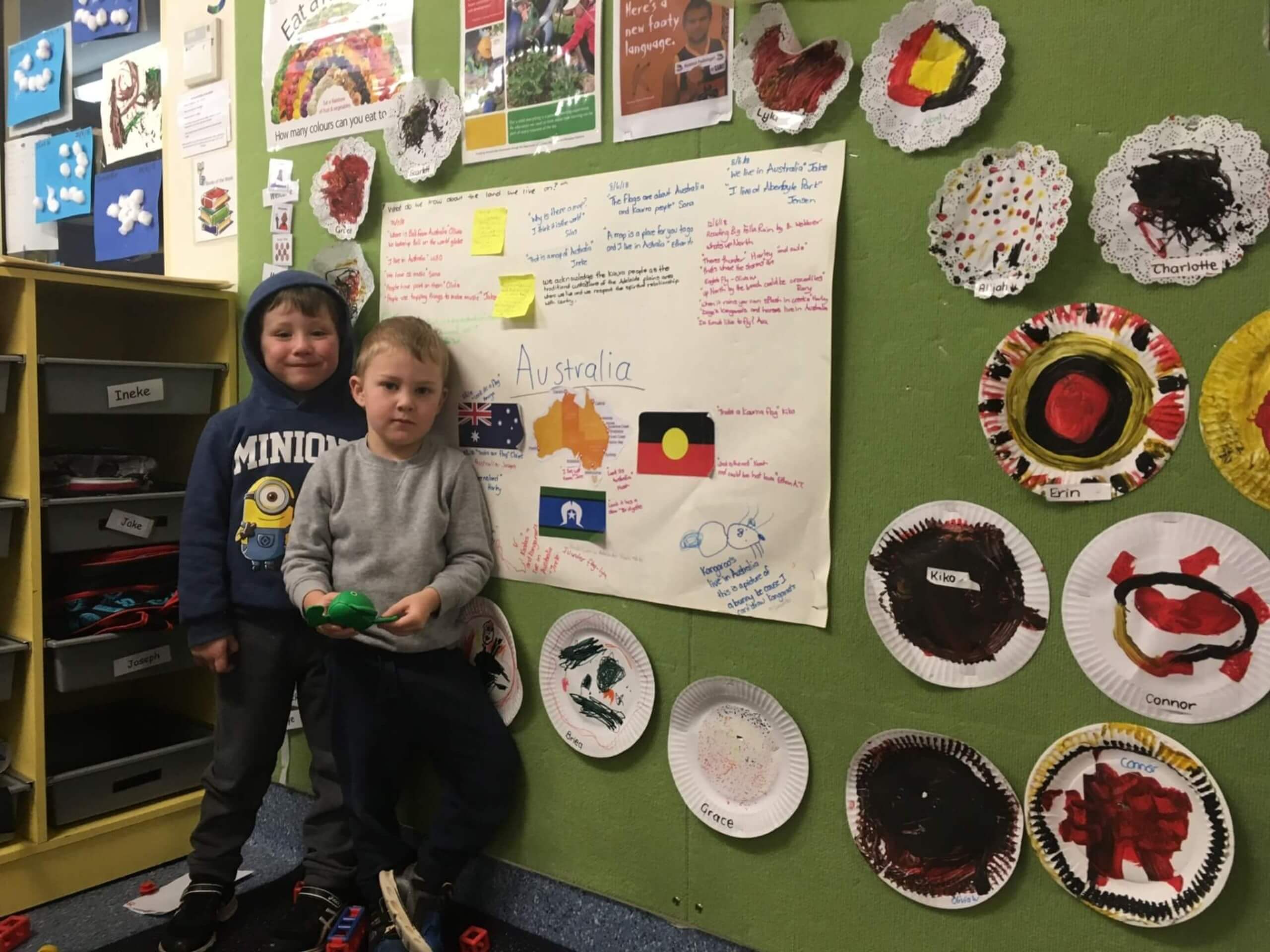Early Years Learning Framework
Children’s learning and care are at the core of what we do at Aberfoyle Hub Community Children’s Centre. Educators plan for the children’s learning using the Early Years Learning Framework. Learning outcomes are used by educators to program for individual children and small groups. Educators provide learning opportunities for all children and support their play through interactions, experiences, activities, routines and planned and unplanned experiences
The early years learning framework communicates its expectations for all children’s learning from birth to five with five learning outcomes:
- Children have a strong sense of identity.
- Children are connected with and contribute to their world.
- Children have a strong sense of wellbeing.
- Children are confident and involved learners.
- Children are effective communicators.

Children’s learning is ongoing and each child will progress towards the outcomes in different and equally meaningful ways. Learning is not always predictable and linear. Educators plan with each child and the outcomes in mind.

Emergent Curriculum
Emergent curriculum describes curriculum that develops from exploring what is relevant, interesting and personally meaningful to children. ‘As caring adults, we make choices for children that reflect our values; at the same time we keep our plans open-ended and responsive to children.’
Some of the key features of emergent curriculum include:
- Emergent curriculum is not a linear process – An emergent curriculum is constantly evolving in response to children’s changing needs and interests, parental and community interests and concerns, and teachers’ priorities. Each of these key elements shape the direction for future learning.
- Emergent curriculum is cyclical – As teachers get to know children and their families they observe children’s learning, discuss and share ideas with colleagues and families, interact with children and continue to monitor learning progress and document learning. This process is repeated continually.
- Emergent curriculum is flexible and responsive – Teachers plan flexibly with children, as curriculum is constantly evolving in response to children’s interests, building on children’s strengths and needs.
- Emergent curriculum is collaborative – Emergent curriculum provides opportunities for adults and children to contribute to the decision-making processes.
- Emergent curriculum makes children’s learning and teacher’s thinking visible – Teachers document learning with children, colleagues and parents. They engage partners in discussion and reflection about their learning experiences and document learning through a range of tools to make the learning process visible. In the process, teachers’ own thinking, planning and decision-making is made visible.

